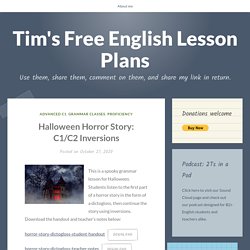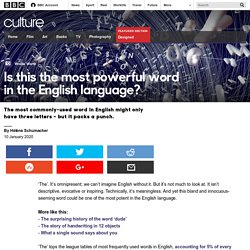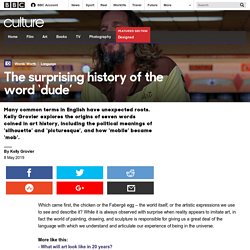

Halloween Horror Story: C1/C2 Inversions. This is a spooky grammar lesson for Halloween.

Students listen to the first part of a horror story in the form of a dictogloss, then continue the story using inversions. Download the handout and teacher’s notes below: Horror Story Dictogloss – Teacher’s Notes Pre-Listening Tell students you’re going to read them the introduction to a horror story. Dictogloss Explain the dictogloss to your students: You will read the story to them several times. The first time all they have to do is listen.Second time they can take notes of words and phrases, stress that it’s not a dictation and that they shouldn’t worry if their version is different.Students compare notes with a partner or in a three.Students listen for a third time, taking notes and then compare with their group again. It was a dark and stormy night, the wind was whistling through the trees and the rain was pouring down. Language Focus Ask students to complete the following language analysis task in pairs: Practice – Key Production.
Inquiry-based Learning: 4 essential principles for the ELT classroom. Allowing students greater agency in their learning can be a liberating experience.

Rather than the teacher as expert, inquiry-based learning allows learners to assume the responsibility of becoming experts of the knowledge they are constructing through a process self-discovery and trial and error, while the teacher’s role is to monitor their students’ process of constructing new meaning and step in when they need help. This is the very core of inquiry-based learning (IBL), a form of learning where students pose their own research questions about a topic and set out on a journey to answer them. The benefits of inquiry-based learning are many, such as: IBL is often employed in math and science classrooms, which naturally lend themselves to a problem-solving approach. (Amaral et al. 2002, Marshall & Horton, 2011). Below are four key principles that distinguish an inquiry-based approach, and suggestions on how teachers can scaffold them for the English language classroom.
References Like this: Culture - Is this the most powerful word in the English language? ‘The’.

It’s omnipresent; we can’t imagine English without it. But it’s not much to look at. It isn’t descriptive, evocative or inspiring. Technically, it’s meaningless. And yet this bland and innocuous-seeming word could be one of the most potent in the English language. More like this: - The surprising history of the word ‘dude’ - The story of handwriting in 12 objects - What a single sound says about you ‘The’ tops the league tables of most frequently used words in English, accounting for 5% of every 100 words used. The second reason is that ‘the’ lies at the heart of English grammar, having a function rather than a meaning. But although ‘the’ has no meaning in itself, “it seems to be able to do things in subtle and miraculous ways,” says Michael Rosen, poet and author.
There are many exceptions regarding the use of the definite article, for example in relation to proper nouns. This could lead to a belief that ‘the’ is a workhorse of English; functional but boring. Deeper meaning. Culture - The surprising history of the word ‘dude’ Which came first, the chicken or the Fabergé egg – the world itself, or the artistic expressions we use to see and describe it?

While it is always observed with surprise when reality appears to imitate art, in fact the world of painting, drawing, and sculpture is responsible for giving us a great deal of the language with which we understand and articulate our experience of being in the universe. More like this: - What will art look like in 20 years? - How black women were whitewashed by art - Da Vinci’s lost masterpieces Before anyone ever walked through a ‘landscape’, an artist painted one. The word itself was devised in the early 17th Century not to describe an actual out-of-doors expanse of inland terrain or a gardener’s manicuring of a natural scene. A quick glance back at the words we use every day to discuss our experience of the world reveals a hidden reliance on language hatched by art and artists. Grotesque Silhouette ‘Silhouette’ isn’t so much a word one says as whispers. Mobile. Fairy Tale Party.
Cambridge Proficiency Book by TeI Murcia.